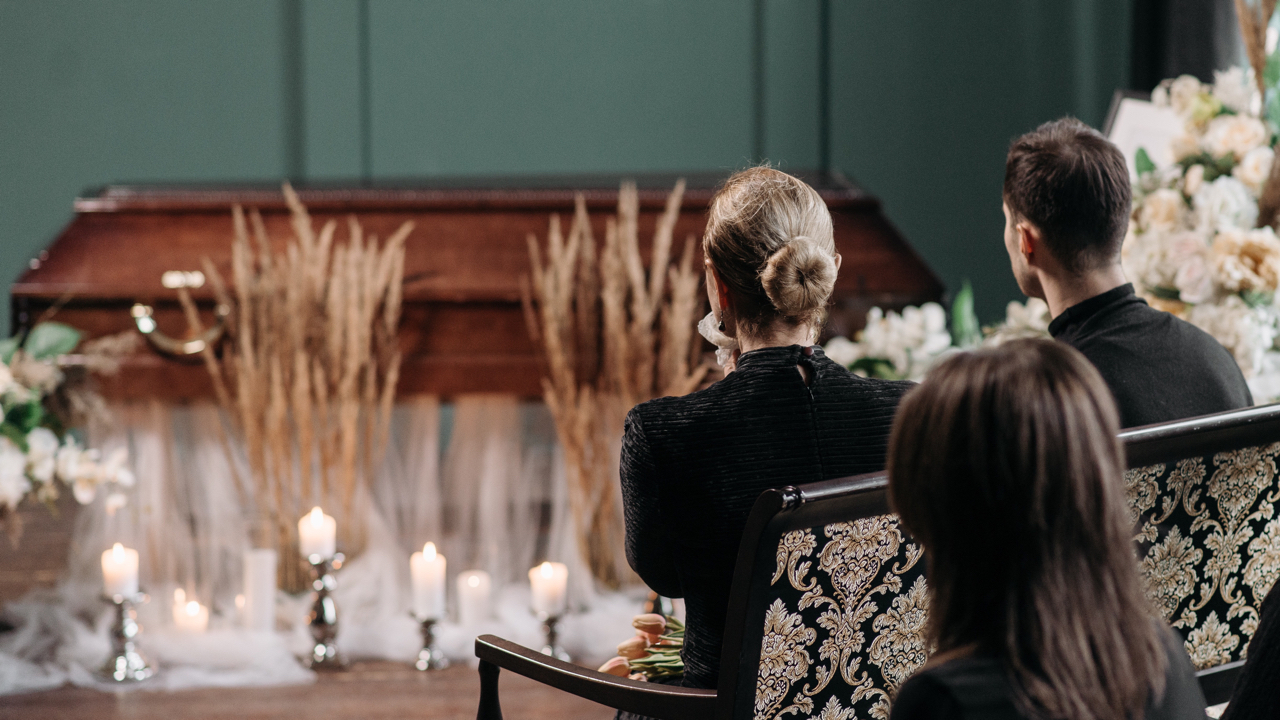5 Hidden Symptoms of Grief
Aug 18, 2023
Grief is more complicated than we once thought. While there’s commonly thought to be ‘5 stages of grief’, this model has been adjusted and built upon as we learn more about this phenomenon. As Celebrants (or budding Celebrants), it’s important to have a good understanding of grief and its process.
Click here to read more about grief models.
Knowing the hidden signs of grief can be incredibly helpful, as it will prepare you for the emotions and behaviours of families you are working with. While you are not their grief counsellor, you can still be equipped with the tools to support them in their journey through an important grief milestone - a funeral.
Normal, common symptoms of grief include anger, sadness and sorrow, hopelessness, anxiety and guilt. But there are some other hidden symptoms too.
5 Unique Grief Symptoms
Obsessiveness
Obsessive thoughts and behaviours can be a common grief symptom. This might include repeatedly addressing the bereavement, obsessing over the details, and becoming caught up in particular thought patterns. This is usually a temporary symptom and not related to Obsessive Compulsive Disorder, as it is reactive and short lived.
Relief
Not all deaths cause sadness. Some have hints of relief for the surviving family. This could be due to the deceased person having a long term illness, and the family feeling relieved that they are finally at rest. They may even feel relieved for not having to care for the loved one any longer. This can be a very strange sensation for the surviving family, and may be accompanied by guilt. Relief can also be felt with relationships with the deceased were strained.
Sensory Changes
When someone is overwhelmed, their bodies can have a physical reaction to sensory stimuli, such as bright lights or noise. This is because the brain is already trying to cope with so much, that it is ultra sensitive to sound and colours.
Humour
Why do we sometimes laugh at death? It’s not usually because it is funny, but a way to cope and recover from the bereavement. Humour is a well known defence mechanism, but can be overlooked as a grief symptom. If someone is making jokes, it is not necessarily a sign that they are fine, it could be a sign that they are grieving.
Poor memory
As already mentioned, when people are in a state of overwhelm, the rest of their bodies can become extra sensitive or shut down. Poor memory is a common but often overlooked grief symptom. It is the brain’s way of coping with the extreme emotions and practicalities of the death. It’s good to keep this in mind during the funeral planning process.
We Can Help
We can help you to become an excellent, knowledgeable and experienced Celebrant. Whether you are new to training, or have been working for years, we are here to support you. We have a thriving membership you can join, and excellent CPD opportunities for business growth. Contact us if you need any support in your journey as a Celebrant.

